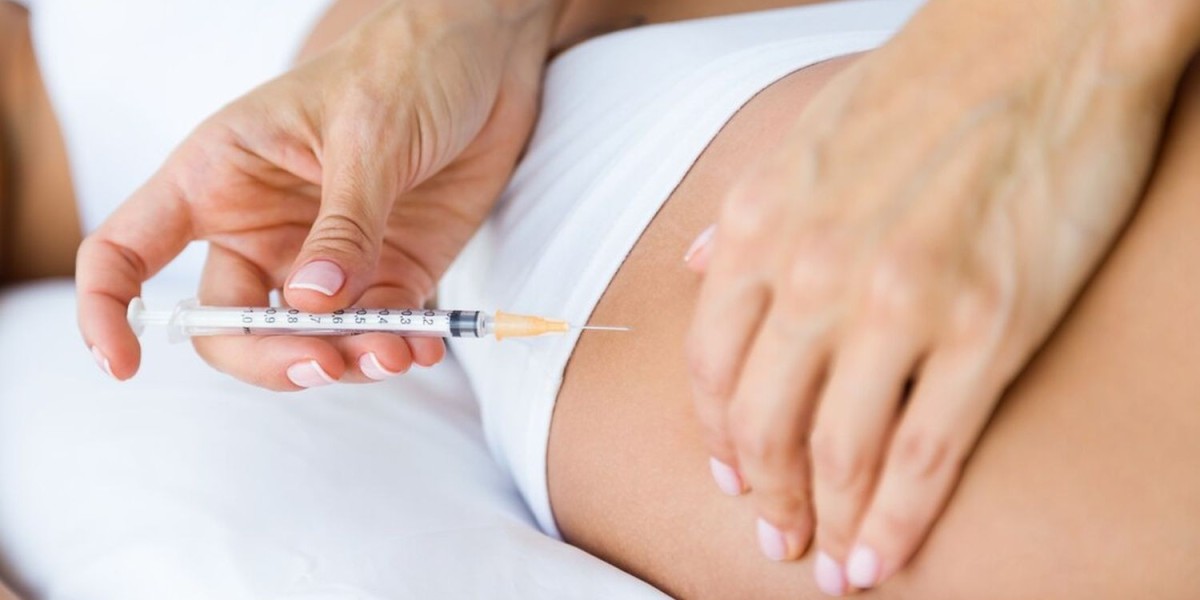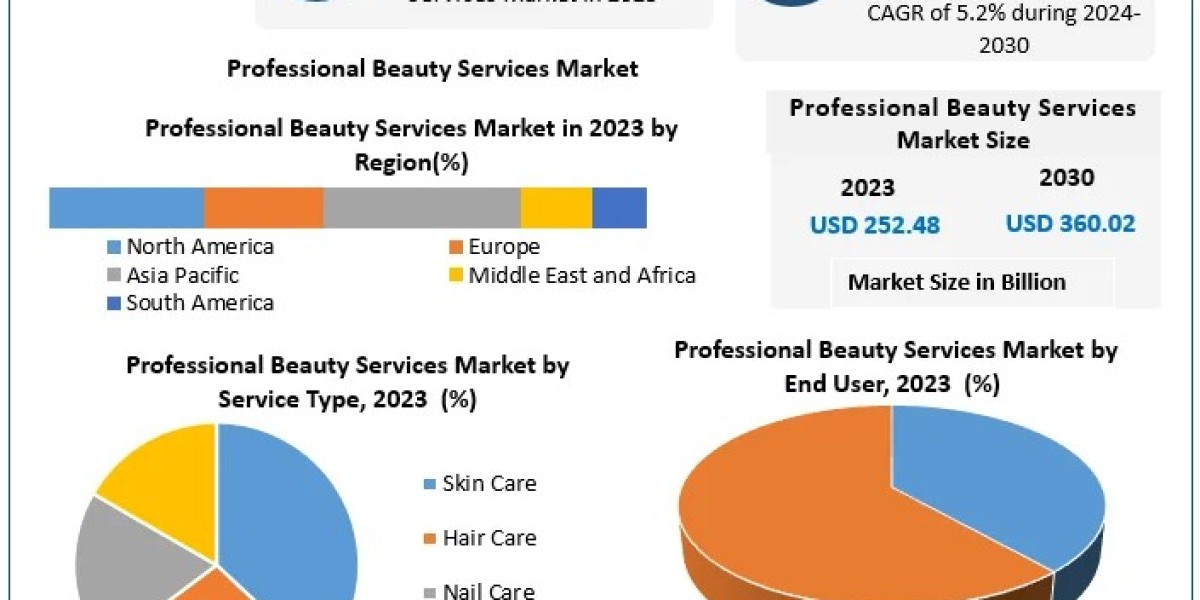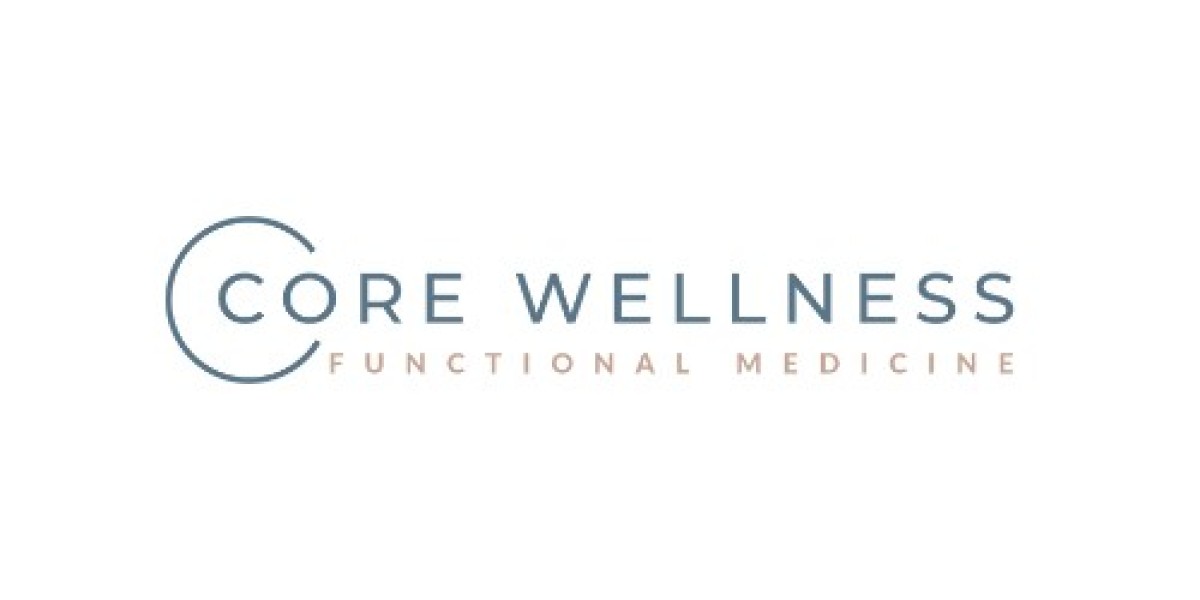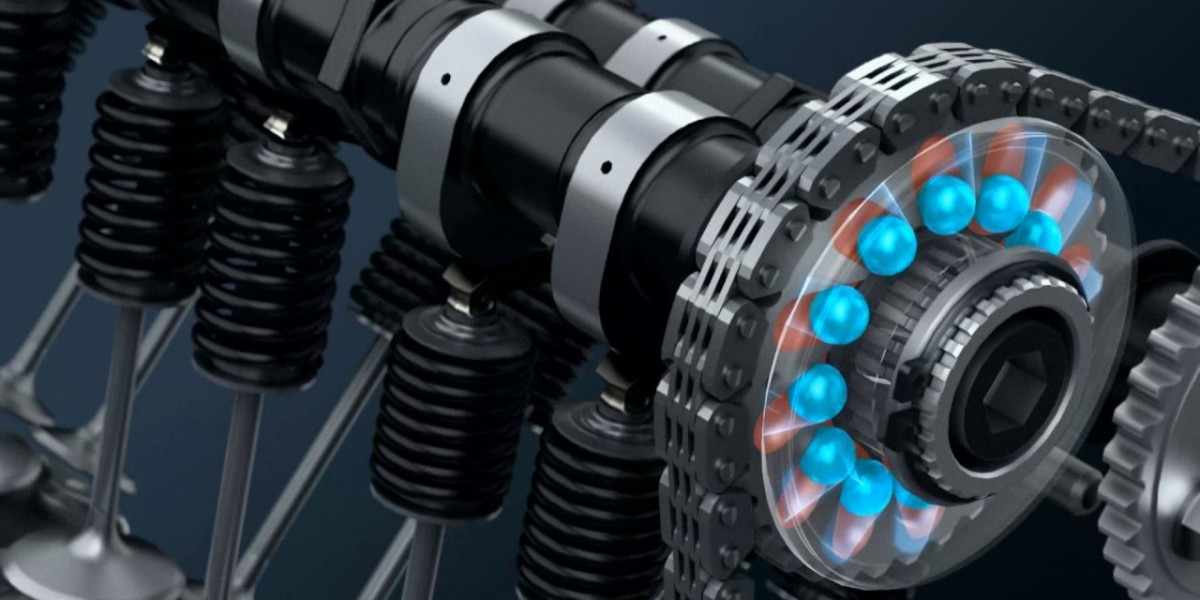When considering body fillers in Islamabad, preparation plays a vital role in the overall success of the procedure. From choosing the right provider to following essential pre-treatment steps, thorough planning ensures optimal results and a safe experience.
Body fillers, used to enhance or restore volume to areas like the buttocks, hips, hands, or thighs, are becoming increasingly popular in Islamabad’s aesthetic market. But to get the most out of the procedure, you must know how to properly prepare before your appointment.
This comprehensive guide outlines everything you need to know about preparing for your body filler treatment—so you walk in confident and ready for your transformation.
Understanding Body Fillers: What They Are and How They Work
Body fillers are non-surgical, injectable treatments designed to contour, lift, and volumize specific parts of the body. Unlike facial fillers, which target fine lines or cheek volume, body fillers require larger quantities and are often thicker in consistency. Popular filler types include:
Hyaluronic Acid (HA): Hydrates and plumps the skin, commonly used in buttocks and thighs.
Calcium Hydroxylapatite (CaHA): Offers long-lasting volume and promotes collagen production.
Poly-L-lactic Acid (PLLA): Stimulates collagen for gradual improvement over time.
These fillers are ideal for individuals seeking non-invasive enhancement with minimal downtime.
Why Preparation Matters
Proper preparation enhances the safety and effectiveness of your treatment. It reduces the risk of complications such as bruising, swelling, or allergic reactions, and allows your provider to achieve the most aesthetically pleasing results.
Neglecting to follow pre-procedure instructions can result in delayed healing or even impact the longevity of your results.
Step-by-Step Pre-Filler Preparation Guide
1. Choose a Qualified Provider
Start your journey by selecting a licensed, experienced aesthetic practitioner in Islamabad. Look for providers with:
Board certification in dermatology or aesthetic medicine
Positive patient reviews
A portfolio of before-and-after cases
A hygienic, well-equipped clinic environment
Choosing the right provider is the foundation of a safe and successful procedure.
2. Schedule a Consultation
During your consultation, the practitioner will:
Assess the treatment area and overall skin health
Recommend the most suitable filler type and quantity
Discuss your medical history, allergies, and current medications
Set realistic expectations
Explain pre- and post-treatment care
Don’t hesitate to ask questions about the procedure, products, or provider’s experience.
3. Avoid Blood Thinners and Anti-Inflammatories
At least 7–10 days before the procedure, stop using:
Aspirin
Ibuprofen
Naproxen
Fish oil supplements
Vitamin E
Ginkgo biloba
These substances increase the risk of bruising and swelling. If you are on prescribed blood thinners, consult your doctor before stopping.
4. Limit Alcohol and Smoking
Avoid alcohol and smoking 48 hours before treatment. Alcohol can thin the blood, heightening the chance of bruising, while smoking constricts blood vessels, slowing healing and collagen formation.
5. Stay Hydrated and Eat Well
Drink plenty of water and maintain a healthy, balanced diet. Hydration helps with skin elasticity and can improve filler distribution. Include antioxidant-rich foods like berries, leafy greens, and omega-3 fatty acids to support skin health.
6. Avoid Other Skin Treatments Beforehand
Refrain from undergoing chemical peels, laser treatments, or waxing in the treatment area at least one week prior. These can irritate the skin, making it more sensitive to injections.
7. Inform Your Provider About Medical Conditions
Be upfront about any health issues, including:
Autoimmune disorders
Bleeding or clotting conditions
Recent surgeries
Infections or active skin conditions
These may affect your eligibility for fillers or require modifications in technique.
8. No Makeup or Lotions on the Day of Procedure
Arrive at your appointment with clean, makeup-free skin in the treatment area. Avoid using any lotions, oils, or skincare products on the day of the session.
9. Wear Comfortable Clothing
Choose loose-fitting clothing to avoid pressure on the treated areas. If you’re receiving fillers in the thighs, buttocks, or hips, opt for something that allows easy access and comfort post-procedure.
10. Take Pre-Treatment Photos
Most clinics take "before" pictures for tracking progress, but you may want to take your own as well. This helps in evaluating your results more accurately.
What to Expect on the Day of Treatment
Knowing what will happen during your appointment can reduce anxiety and help you feel prepared.
Step-by-Step Overview:
Cleansing – The treatment area is sanitized.
Marking – Your provider will mark injection sites.
Numbing – A topical anesthetic may be applied to reduce discomfort.
Injection – The filler is injected strategically based on your anatomy.
Molding – Some areas may be gently massaged or shaped.
Observation – The provider monitors you for any immediate reactions.
The entire process typically takes 30 to 60 minutes, depending on the area and volume.
Aftercare Overview: The Next Phase of Preparation
Being prepared for post-treatment care is as crucial as your initial prep. Here are general aftercare tips:
Avoid strenuous activity for 24–48 hours
Sleep on your back to avoid pressure on treated areas
Refrain from hot showers, saunas, and sun exposure
Apply cold packs for swelling
Don’t massage the area unless instructed
Your provider will give you personalized instructions based on the filler type and treatment area.
Frequently Asked Questions
Q: Is there any downtime after body fillers?
A: Most individuals resume normal activities within a day, but some swelling or tenderness may last a few days.
Q: Can I combine fillers with other treatments?
A: Yes, many clients combine body fillers with skin tightening or laser procedures—but only under guidance from your provider.
Q: How long before I see results?
A: You’ll notice immediate volume, with final results settling in after swelling subsides—typically in 1–2 weeks.
Q: Are body fillers permanent?
A: No, most body fillers are temporary and last between 12–24 months, depending on the product and area treated.
Tips for Optimal Results
Stick to your provider’s advice strictly
Follow a maintenance schedule if necessary
Don’t rush results—full improvements can take time
Choose a healthy lifestyle to prolong filler effects
Finding a Reputable Clinic in Islamabad
Look for clinics in well-known medical districts such as:
F-6, F-7, or F-8 sectors – Known for aesthetic and dermatology hubs
Blue Area – Features many internationally trained experts
DHA and Bahria Town – Growing hotspots for modern cosmetic clinics
Book a consultation before committing and evaluate the clinic's cleanliness, professionalism, and patient support.
Conclusion
Preparing for body fillers in Islamabad is a process that goes beyond scheduling an appointment. It requires attention to detail, discipline, and trust in your provider. By understanding the science behind the treatment, following all preparation protocols, and setting realistic expectations, you can enjoy a safe experience and beautiful results.
Whether you're enhancing curves or restoring volume, a well-prepared approach ensures that your journey into aesthetic enhancement is smooth, satisfying, and successful.








